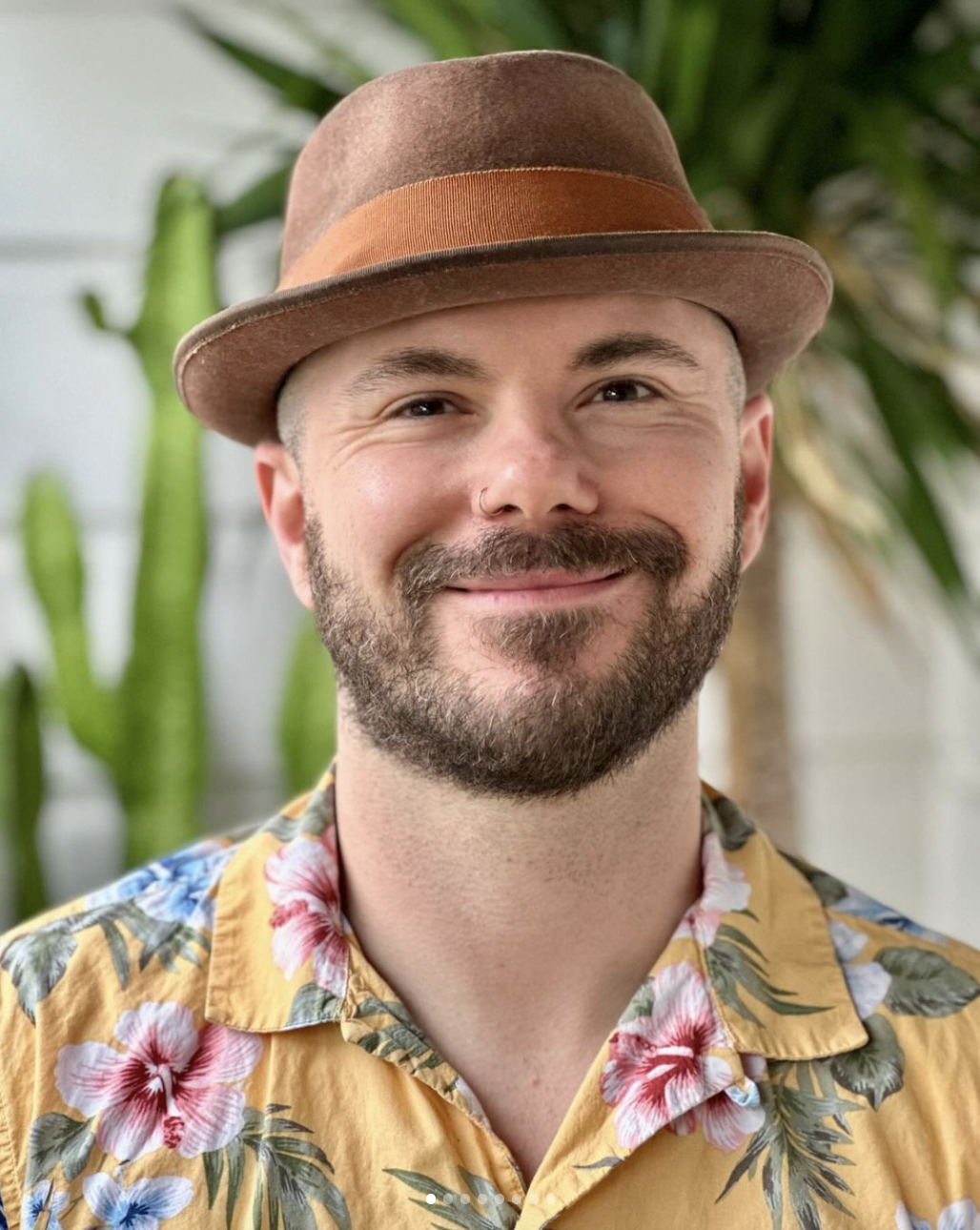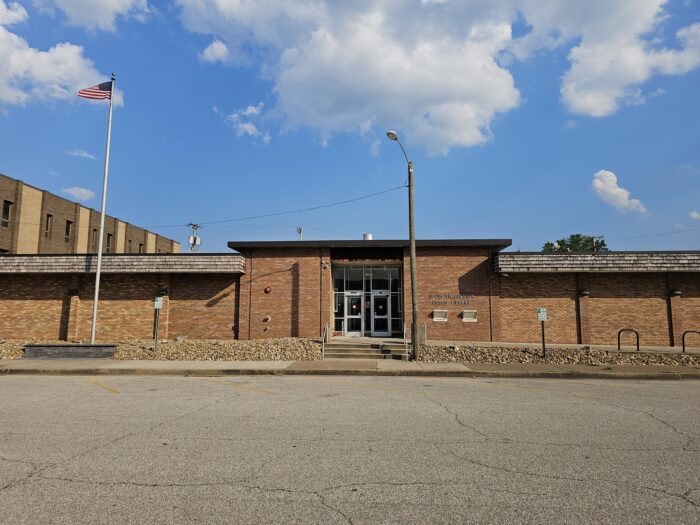Your browser doesn't support audio playback.
Released last October, “American Teenager” documents the lives of eight transgender teenagers living across the United States, from California to South Dakota to West Virginia.
Author and journalist Nico Lang follows the teens as they navigate daily life in their schools and families — plus the pressures that come with the passage of legislation that limits trans rights, especially for youth.
The American Civil Liberties Union of West Virginia (ACLU) is partnering with Plot Twist Books, a local bookstore, for a book signing and discussion at the South Charleston Public Library from 1 to 3 p.m. on July 26. Reporter Jack Walker asked Lang what readers can expect from the book.
This interview has been edited for length and clarity.
Lang: I spent a year traveling the country to document the lives of trans teenagers and their families in seven different states. Let’s see if I can do this in order: South Dakota, Alabama, West Virginia, Texas, Florida, Illinois and California. My goal with that was to show trans teens simply as they are. I feel like right now there’s a lot of rhetoric about trans kids, like a lot of people talking about trans kids, but not enough people actually talking to trans kids or including them in the conversation.

Photo Credit: Christian Rogers
So, with this project, it was really all about uplifting their voices. So for those two and a half weeks, I would follow them around, do what they did kind of like a fly-on-the-wall documentary. So if they were eating dinner, I’d be eating dinner with them. If they were going to the football game, I would be going to a football game. If they were jumping out of an airplane, I would be jumping out of an airplane too. And I’m really glad we didn’t have to do that, because that would be terrifying.
But I think more than that, it was just about giving them a platform to say their piece. I wanted them to get to express themselves freely, to get to say what’s on their minds as they’re experiencing this really historic attack on their rights. And also just give people a chance to know them, to give readers a chance to know them.
Walker: You mentioned that one teenager who is featured in the story is from West Virginia, a teen named Mykah. What led you to report on West Virginia, and what was your experience meeting Mykah and visiting the state like?
Lang: I had the chance to cover a queer youth summer camp there several years ago for Xtra, which is a Canadian queer outlet. Going to that camp was one of the best experiences of my life. I often say that my top three are getting married to my husband, which really has to be number one or else I’m sure he would divorce me. Then writing this book, and then under that it would be going to this camp. It was just a truly magical experience to be part of it with these kids who get this, really once-in-a-lifetime chance at community in this very special place. But also to get to bond with these other adults too, who I think look at the camp as kind of like a little bit of healing of their own experiences, because it represents something that I think a lot of queer adults wanted for themselves and didn’t get.
One of the campers there, sort of the queen bee of camp as I say in the book, is Mykah. When we first met, I believe they would have been about 17 at the time. They really struck me just right away as this ebullient, really over-the-top presence. You know those kinds of people in your life — you meet them once and you’ll never forget them, ever. Mykah is very much one of those people, just super gregarious, super fun to be around — just this great, big fun energy.
And a story like Mykah’s, being this Black, gender-fluid person in West Virginia, really intrigued me for this book, just because they are such a happy person. It made me wonder how a very happy person deals with the challenges of living in rural West Virginia, where sometimes things as a Black, gender-fluid person aren’t terribly happy.
Walker: Were there any similarities you saw between the experiences of teenagers across the different states you visited?
Lang: No, not really. That was kind of on purpose, though. I tried to draw as much of a contrast between people’s experiences as possible for a couple reasons. One is that, somewhat selfishly, I wanted to write a good book. So, if I were writing the same chapter over and over again, I think for the reader it would get quite boring.
But, more than that, I really wanted to avoid flattening these kids’ experiences. I think that sometimes the only thing that trans and queer people necessarily have in common is being LGBTQ+. Other than that, we’re all so different from each other. Sometimes in media portrayals, we get really flattened and pigeonholed, pretending that we’re all the same. And I think one of the beautiful things about us is that difference.
Walker: You also dive into their lives beyond the flashier cultural conversations. You sat with the more everyday moments of what their lives are like, and what their aspirations and personalities are like. Do you see that as contributing to that effort you’re talking about, of not just sticking to these recurring themes in the way that trans teens are represented, but instead fleshing out their lives through your book?
Lang: Well, I think for me it was about representing somebody as a whole person. A lot of the time when I get to interview trans kids about their lives, I often through my work have to just ask them these kind of boilerplate questions about “the bad thing that happened in your state.” I don’t get to just ask, “Hey, what’s a concert that you recently went to? How was it? Did you have a good time?”
The kind of beautiful mundanity of daily life that just gets denied to trans kids, because they always have to speak on behalf of these things that don’t really have anything to do with them necessarily… not necessarily these things that are intrinsic to them, that say a ton about them and their lived experiences.
So, with this book, I wanted it to be about all that other stuff that they never got to talk about. I wanted them to be seen as a fully rounded individual in the same way that cis kids have been forever. Cis kids get to have random hobbies and interests that have nothing to do with their gender or their sexuality. Why not trans kids?
For more information on the forthcoming book-signing event and discussion, visit the ACLU website.
